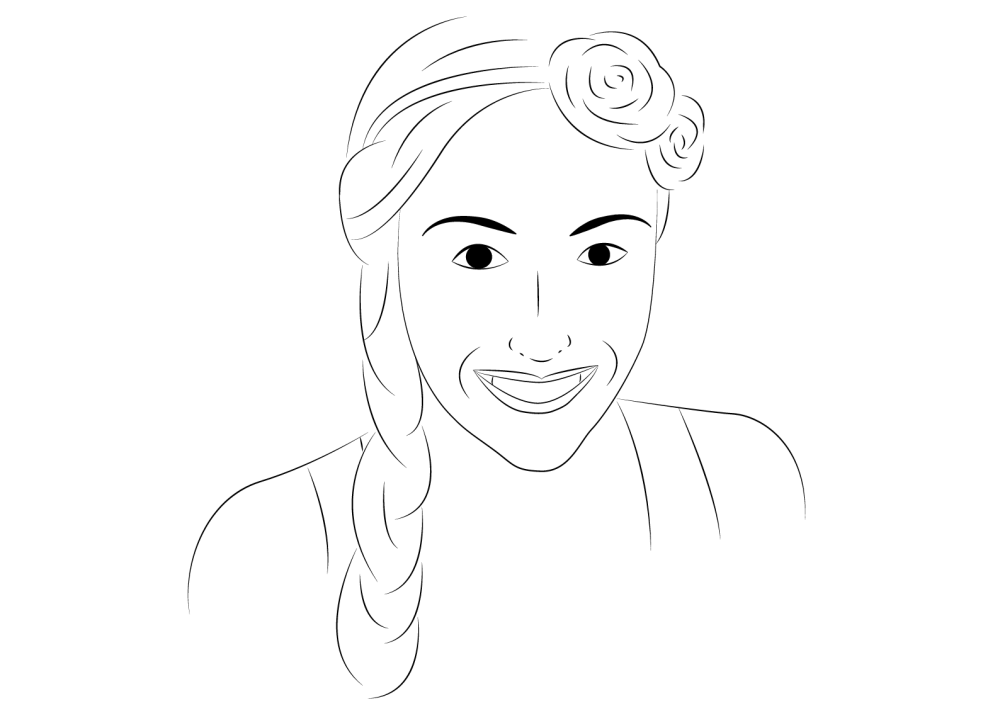When thinking and inquiring about the nature of consciousness, we stumble upon different contrasting answers that depend on each particular posture: it is either outside our physical system, but somehow playing a role in physics (dualism); or it is a byproduct of brain activity (epiphenomenalism); or it is built in at the very basic level of physics (panpsychism). This last one implies that there is consciousness in all physical systems. It is a radical view, but it does explain consciousness as a part of the physical network, as opposed to something that interferes with it.
According to philosopher David Chalmers, in order to really understand consciousness, we need to add something else to the realm of physics. So if it’s not dualism nor epiphenomenalism, we need to enrich physics. The first one, as we know, proposes the existence of a soul, whereas the problem with epiphenomenalism is that it reduces consciousness to a mere byproduct.
Chalmers, then, postulates consciousness as either fundamental or universal. Fundamental, meaning that, as space, time and mass, it can’t be explained in terms of something else. Universal, meaning that all systems have it to at least some extent (panpsychism). Related to the latter, we have the Integrated Information Theory, developed by neuroscientist Giulio Tononi, proposing a measuring unit called “phi” which is directly proportional to the level of consciousness present in every system.
Tononi explains that consciousness is nothing more than integrated information. When a network is composed of really intricate parts, which upon separation would no longer work in the same way, you can say that it has a high amount of phi. “What you need are specialists who talk to each other, so they can behave as a whole”, Tononi says. And even though this theory cannot be tested yet on the human brain (because of the organ’s complexity), it has been tried out in simpler systems, and there seems to be a connection here with how our brains are organized.
The movie Inside Out (2015) is an amazingly clever example of this, depicted in a truly elementary fashion: it’s about a young girl, called Riley, whose mind is governed by all of these characters who represent her different emotions, and who direct different aspects of her life. Moreover, her memories are essential in the shaping of her identity, and there’s also the concept of “personality islands”, which are composed of key moments from Riley’s upbringing, and are the pillars of who she is as a person.
This film illustrates in a nutshell how free will can be a mere illusion. Sam Harris, philosopher and author of Free Will, explains it plainly: “You are not in control of your mind because you, as a conscious agent, are only part of your mind, living at the mercy of other parts”.
To be continued…


